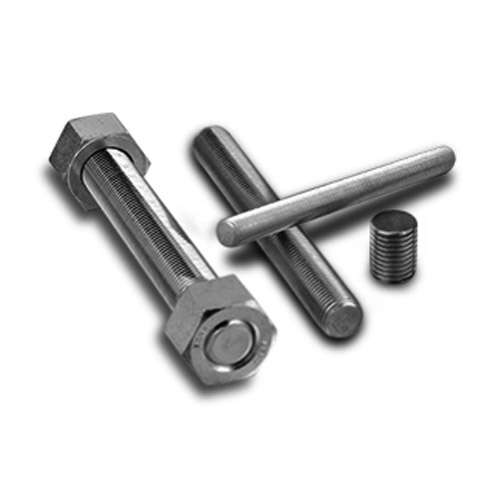gasoline fuel hose
វិច្ឆិកា . 05, 2024 21:00 Back to list
gasoline fuel hose
Understanding Gasoline Fuel Hoses Importance, Types, and Maintenance
Gasoline fuel hoses are vital components in the automotive and industrial sectors, serving as conduits for transporting fuel safely and efficiently. Their design and material composition directly influence performance, durability, and safety, making it essential for both manufacturers and users to understand their characteristics and maintenance requirements.
Importance of Gasoline Fuel Hoses
Fuel hoses play a critical role in the functioning of vehicles and equipment that rely on gasoline for power. They are responsible for delivering fuel from the tank to the engine, ensuring that the proper amount of gasoline reaches the combustion chamber for efficient operation. Given the flammable nature of gasoline, the integrity of fuel hoses is crucial in preventing leaks, which could lead to fires or environmental contamination. Additionally, the performance of a gasoline engine can be significantly impacted by the quality of the fuel supply; hence, reliable fuel hoses are essential for optimal engine performance.
Types of Gasoline Fuel Hoses
There are various types of gasoline fuel hoses, each designed for specific applications and conditions. Some of the most common types include
1. Rubber Fuel Hoses Traditionally used in many vehicles, rubber hoses are flexible and resistant to kinking. They can withstand a moderate range of temperatures and pressures, making them suitable for various gasoline applications. However, over time, rubber can degrade due to exposure to ozone, fuel, and environmental factors.
2. Polyurethane Fuel Hoses These hoses offer greater chemical resistance compared to rubber hoses. They are less permeable, which helps reduce evaporative emissions—a growing concern in the automotive industry. Polyurethane hoses are also lightweight and have good flexibility.
3. Braided Fuel Hoses Made with layers of braided materials (often steel or polyester), these hoses provide enhanced strength and durability. They can withstand higher pressures, making them suitable for high-performance vehicles and heavy machinery.
4. PTFE (Polytetrafluoroethylene) Hoses Known for their exceptional chemical resistance, PTFE hoses are ideal for transporting gasoline in extreme conditions. They are also less prone to corrosion and can handle a wider temperature range, making them a favorite for specialized applications.
gasoline fuel hose

5. Ethanol-Resistant Hoses With the increasing use of ethanol-blended fuels (like E85), manufacturers have developed hoses specifically designed to resist deterioration from alcohol fuels. These hoses help in maintaining the integrity of fuel systems that utilize ethanol-rich gasoline.
Maintenance and Safety Precautions
To ensure the longevity and safety of gasoline fuel hoses, regular maintenance and inspection are essential. Here are some key practices
- Visual Inspection Regularly inspect hoses for signs of wear, cracking, bulging, or leakage. Pay special attention to areas where hoses bend or connect to fittings, as these are common points for wear.
- Check Connections Ensure that all connections are tight and secure. Loose fittings can lead to fuel spills, posing serious safety hazards.
- Replace Worn Hoses If any signs of damage or wear are observed, it is crucial to replace the hoses immediately. Continuing to use damaged hoses can lead to severe accidents and costly repairs.
- Use Quality Materials When replacing hoses, opt for high-quality fuel hoses that meet industry standards. Using subpar products can compromise safety and performance.
- Follow Manufacturer Guidelines Always adhere to the manufacturer’s recommendations regarding hose specifications and maintenance. This ensures compatibility and optimal performance.
Conclusion
Gasoline fuel hoses are integral to the safe and efficient operation of various vehicles and machinery. Recognizing the different types available, understanding their importance, and maintaining them properly can significantly enhance performance and safety. By prioritizing the quality and care of fuel hoses, users can ensure a reliable fuel supply, ultimately leading to improved engine performance and reduced risk of accidents.
